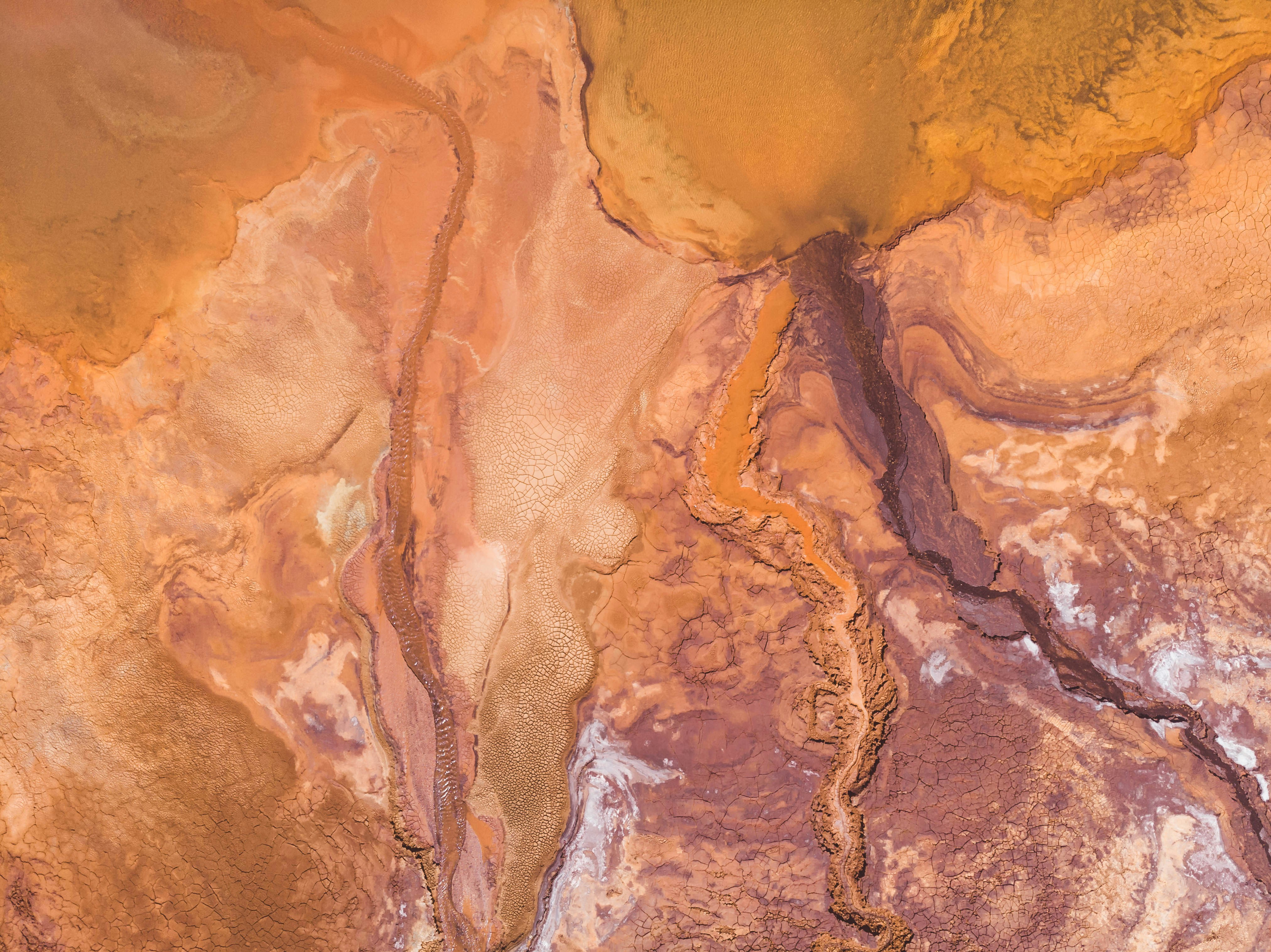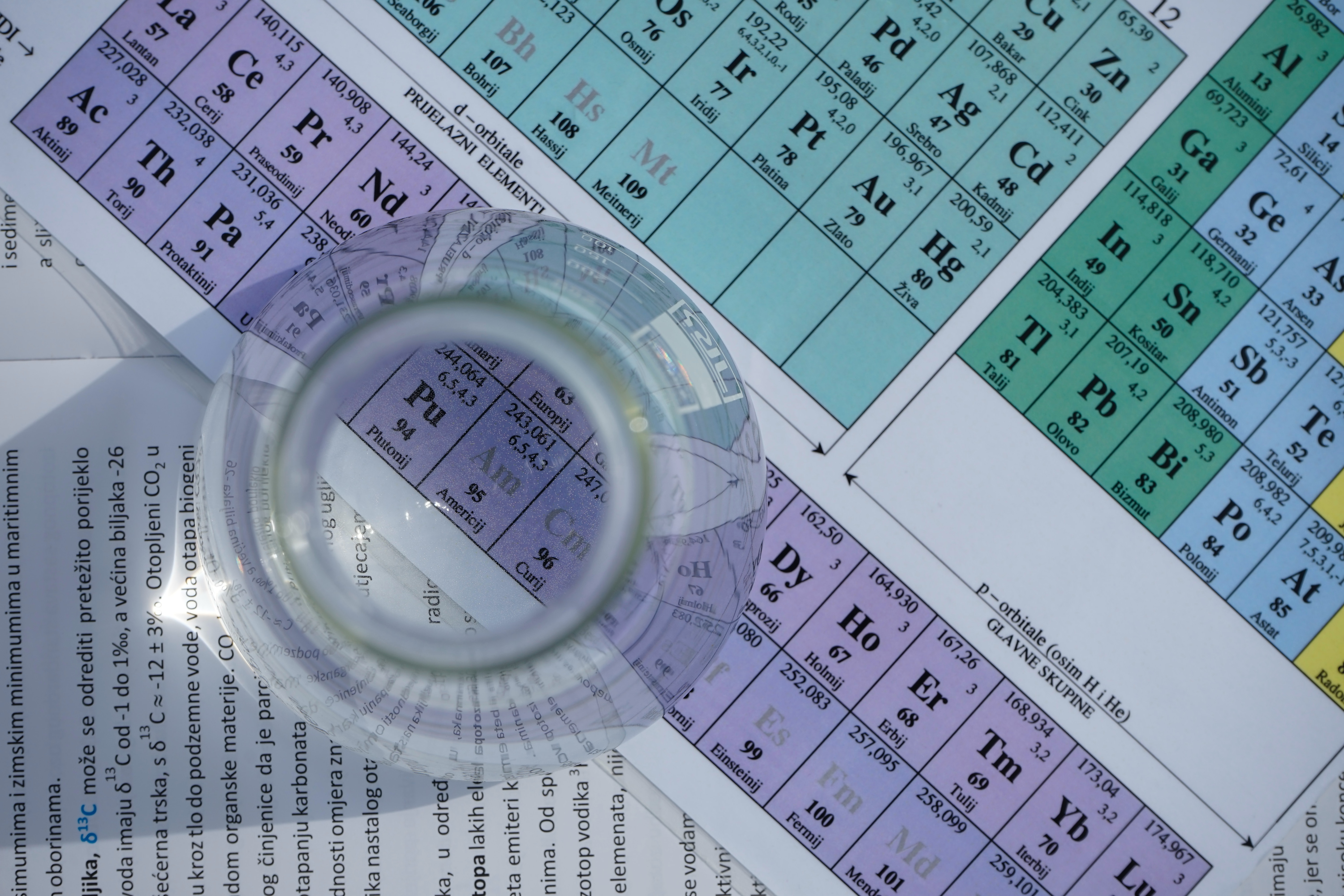The Chinese government has introduced a slew of new measures designed to tighten its grip on lucrative natural resources used in everything from electric cars to wind turbines.
In a list released by the country’s State Council on Saturday, Beijing declared that rare earth metals are the property of the state and warned “no organization or person may encroach on or destroy rare-earth resources.”
From Oct. 1, when the rules come into force, the government will operate a rare earth traceability database to ensure it can control the extraction, use and export of the metals. China currently produces around 60 percent of the world’s rare earth metals, and is the origin of around 90 percent of refined rare earths on the market.
Beijing has already prohibited exports of rare earth refining and magnet manufacturing technologies. In January, it banned the export of gallium and germanium, both highly sought after by the computer-chip industry.
Fears that China is looking to exert control over the industry, and could disrupt critical technology, automotive and renewable energy supply chains, have sparked a race to shore up supplies from alternative suppliers. Both the U.S. and the EU have launched efforts to procure rare earths at home and abroad, including in Vietnam, Brazil and Australia.
A year ago, European Commission President Ursula von der Leyen announced construction of the first large-scale rare earth refinery outside of Asia, located in Estonia. She said the move would “bolster European resilience and security of supply.”
A 2022 analysis from the European Parliament warned that over-reliance on monopolistic suppliers was a major risk for Europe. “The EU imports 93 percent of its magnesium from China, 98 percent of its borate from Turkey, and 85 percent of its niobium from Brazil. Russia produces 40 percent of the world’s palladium,” it said. “The latter is a reminder of the strategic implications of the Russian invasion of Ukraine, and the need for the EU to prepare for an increasingly uncertain world.”
The EU has launched a probe into anti-competitive trading allegations against the Chinese electric vehicle market, which benefits from heavy government subsidies and preferential access to essential rare earth metals. Earlier this month, the two sides agreed they would host consultations in order to try and resolve the standoff.
“Source: Politico”

 English
English


